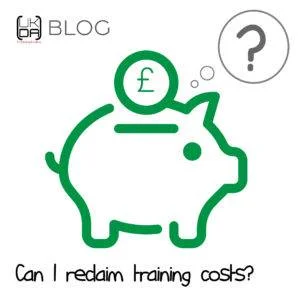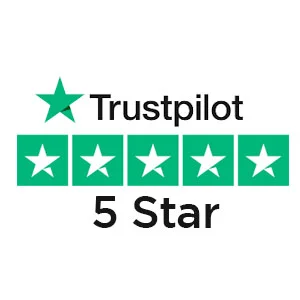
“Q: Can I reclaim the cost of training against my tax?”
A great question, and as always the answer is… maybe.
If you own an existing business, the cost of a training course could qualify for tax relief.
UK Detailing Academy is a dedicated training institute, with SIC code 85590 (Other education). This identifies us as somewhere professionals go to receive training – one of the factors HMRC will look for when checking returns and claims.
Financially this would mean that if, say, your end-of-year accounts showed you as running a £10k profit, and you spent £2k on training to improve your early skills, you could deduct this and only pay tax on £8k of profits.
However, first years are rarely profitable, so you can also defer these submissions for up to 6 years, meaning the moment you do start to show a profit, it’s immediately reduced by an investment you made in your business earlier on.

However, this is not always open and shut, depending on the type of business you run, as;
- The training courses must be related to your business.
- You cannot claim for training courses that help you:
1. Start a new business
2. Expand into new areas of business, including anything related to your current business
This means that if it’s a new skill, the skill cannot be for an entirely new-to-you business as a director. If for an existing or recent employee; providing training for your employees means you also have certain tax, National Insurance and reporting obligations.
You can claim tax relief on training expenditure for directors and employees, providing the training is aimed at improving the skills needed in the business. Allowable training costs are claimed as a deduction when calculating taxable business profits. If you can demonstrate you had a previous interest or career in the industry or its tertiary parts though and wanted to learn how a certain system or method works, it likely wouldn’t be considered a new skill, more of a development of skills.
For the self-employed, HMRC will look at the existing trade. Provided the training undertaken is to update professional skills and expertise relating to the business, then this expenditure is normally tax deductible. Expenses should be reported when filing your self-assessment tax return.
Training for a new trade as a sole trader is likely to be classified as capital expenditure because the training is providing new expertise, knowledge and skills. Where the training is merely to update expertise already possessed this is a revenue expense and can be deducted for tax purposes.
An example of an allowable detailing course would likely be something like “use of sanding machines” – if you have previously used random orbit machines or have sanded by hand.
A non- deductible course would likely be along the lines of adding PDR (dent removal) within a detailing business, as it’s a new line of income.

As always, the best option is to speak to your accountant or tax advisor who will be able to tell you quickly if an expense is allowable – if so, congratulations! The government just paid for some of your training by not taking money from you!
If you can’t directly reclaim as training, there are also potentially other mechanisms they may be able to advise on which will make it allowable through some tax systems, such as director loans entitlement or capital allowances – but that’s why they go to accountancy school, instead of detailing school.
If not, and you have to bear the full cost – it’s an investment in you and you’ll likely reap far, far more than the cost of the course in the medium term.

